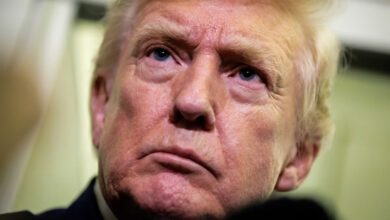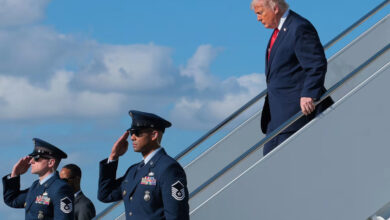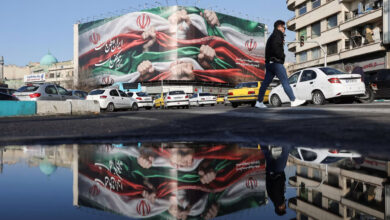Iran's foreign ministry on Monday denied remarks by the Revolutionary Guards commander-in-chief that members of the country's military forces were present in Syria and Lebanon, according to Arabic language Al Alam television.
In comments published by Iranian media on Sunday, Mohammad Ali Jafari said members of Iran's Islamic Revolutionary Guards Corps (IRGC) were providing non-military assistance in Syria and Lebanon, adding that Tehran might get involved militarily in Syria if its closest ally came under attack.
"Reports by some Arabic and Western media, citing … Jafari were selective, false and with political aims," Foreign Ministry spokesperson Ramin Mehmanparast told Iran's Al Alam television.
"Iran has no military presence in the region, especially in Syria," Mehmanparast added.
It was not immediately possible to clarify the apparent contradiction between Mehmanparast and Jafari's position.
Jafari's comments had been the first official acknowledgement that Iran had military personnel on the ground in Syria, where an 18-month-old uprising against the Iranian-backed Syrian government has left tens of thousands dead.
Mehmanparast's denial hinted that Jafari's comments had caused problems for Iran, which was asked by Lebanese President Michel Suleiman earlier in the day to assure that its Revolutionary Guards had no presence in his country now.
The Lebanese Hezbollah, a powerful Shia Muslim militant and political group backed by Syria and Iran, was established with IRGC help after Israel's 1982 invasion of Lebanon.
Western countries and Syrian opposition groups have long suspected Iran has troops in Syria. Iran has denied this.
Qods is an IRGC unit set up to export Iran's ideology. It has been accused of plotting attacks inside Iraq since the overthrow of Saddam Hussein by US-led forces in 2003.
Shia Iran voiced favor for Arab popular uprisings which removed autocratic leaders in Egypt, Libya and Yemen but has steadfastly supported Syrian President Bashar al-Assad, a member of the minority Alawite sect, an offshoot of Shia Islam.
Iranian leaders have accused the West of plotting with some Arab countries to overthrow the Syrian leadership and bolster the status of Tehran's arch-foe Israel in the region. US-aligned Gulf Arabs have supported the anti-Assad Syrian rebels.




